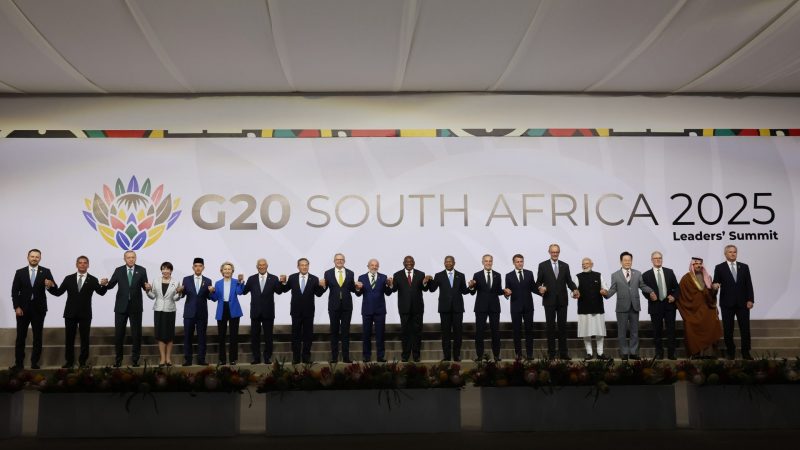Our Economic Diplomacy Senior Researcher Cyril Prinsloo recently took part in a webinar, hosted by the National Committee on BRICS Research in Russia and the Institute of Economics (Russian Academy of Sciences), which assessed national strategies and a common agenda for the post COVID-19 recovery in BRICS countries.
Questions for discussion:
- The BRICS countries have three billion people and thus, share an immense responsibility for health and livelihood of a large part of the world population. Responses of BRICS governments will influence the shape of global recovery. How do you see a role of BRICS in the post COVID-19 world economy? Will BRICS emerge stronger as a result of the pandemic?
- We should recognize shortages of resources to combat the COVID-19 pandemic in all countries both developed and developing. Moreover, new global threats will continue to emerge and create risks for the BRICS economies. Some of these challenges will require coordinated multilateral responses. How could the BRICS agenda be transformed in order to provide a rapid coordinated response to future crises be it health, economic or any other kind of unforeseen event?
- BRICS countries usually discuss common areas in their approaches to issues in international politics, particularly in international financial architecture, trade and investments. But we should also recognize that BRICS countries vary tremendously in their policy choices for adjusting to global changes. Ongoing technological transformation represent one of such change. In the era of a rapid technological shift, what will BRICS do to adjust their development strategies to new realities? And could those policy choices diverge?
- Consequences of the COVID-19 pandemic may lead to new rules regulating various spheres of everyday life that will affect millions of people. Can BRICS countries forge common standards in such areas of day-to-day life as post-COVID travel, people-to-people contacts as well as others?







